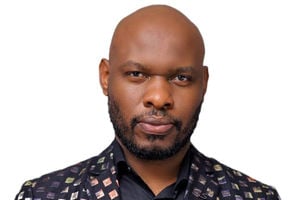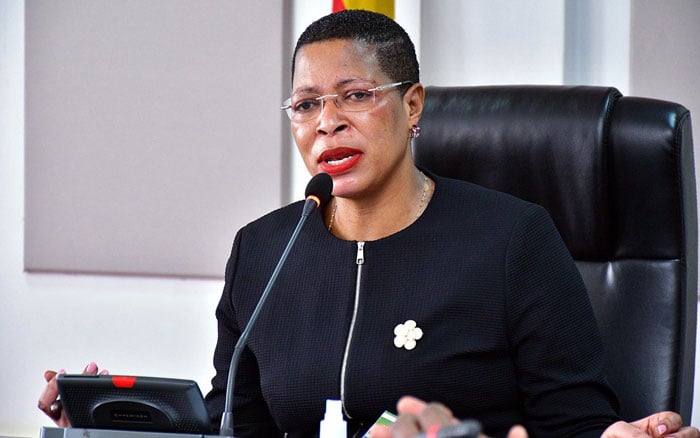
Writer: Robert Kigongo. PHOTO/FILE
Despite last week’s congratulatory message from the US Mission in Uganda as the Pearl of Africa marked 62 years of independence, we can’t underrate the diplomatic tensions that could be simmering behind the scenes.
A pattern of statements and miscommunication puts the US-Uganda bilateral relations at risk. Although the statements by the Chief of Defence Forces (CDF) of the Uganda Peoples’ Defence Forces, Gen Muhoozi Kainerugaba, threatening to expel US ambassador William Popp via his official X handle were deleted, the damage had already been done.
Despite the tweets being deleted, there are continuous attacks on the ambassador on social media by people purporting to be supporters of Gen Muhoozi.
Uganda-US ties
On the day Uganda gained independence from the British on October 9, 1962, then US president John F Kennedy sent a congratulatory message to new prime minister Milton Obote. But about a decade later, on November 10, 1973, the US was forced to close its embassy in Kampala following, among others, repeated public threats against embassy officials and other Americans by high Ugandan officials. This was during the tumultuous presidency of Idi Amin. The embassy was later reopened on June 18, 1979, following the overthrow of Amin in April of that year.
Since then, Uganda and the US have enjoyed largely healthy bilateral relations, with the US investing about $1 billion (Shs3.8 trillion) in Uganda to promote economic development and combat public health risks.
Uganda and the US have enjoyed healthy relations since the National Resistance Movement (NRM) government shot its way to power in 1986, with former US president Bill Clinton once saying President Museveni was among the “new breed of African leaders”.
But what could be causing the relationship between the US and NRM to turn sour?
“Fellow Ugandans, it is my solemn duty to announce to you all that we as a nation are about to have a serious confrontation with the current US ambassador to our country. For disrespecting our beloved and celebrated President and undermining Uganda's Constitution,” Gen Muhoozi’s deleted tweet said.
“If this current US ambassador does not apologise to Mzee personally by Monday morning (9am) for his undiplomatic behaviour in our country, we will demand he leaves Uganda. We have no problem with the USA, as I have said many times it is a country we love and admire. But lately, we have a lot of evidence that they have been working against the NRM government.”
Though it is not clear what could have prompted Gen Muhoozi’s tweets, they come hot on the heels of a new round of sanctions on Ugandan officials, this time on four police chiefs over gross violations of human rights. Speaker of Parliament Anita Among, Cabinet ministers, army, police and Prisons chiefs have also been sanctioned by the US over alleged corruption and human rights abuses.
The silence of the army and Ugandan government over Gen Muhoozi's tweets could be misinterpreted as them sharing a view with the Chief of Defence Forces.
I know diplomacy usually happens behind the scenes. However, I appeal to the Ugandan government to emphasise diplomacy in order to strengthen our bilateral ties. Otherwise, we stand to lose the most in case things escalate to the 1970s levels during the Amin era. We risk losing out on potential foreign direct investments, assistance in health, security and humanitarian support.
In this age of globalisation, Ugandans regardless of our political shades must remain cognisant of the fact that the country has appended signatures on multilateral and bilateral treaties, including with the US itself.
Subsequently, since diplomacy can strengthen bilateral relations and bolster multilateralism, Uganda must respect human rights and as well as adhering to international checks and balances as a signatory to the human rights treaties, among others.
Therefore, it is important for our leaders and their supporters to uphold diplomatic etiquette when they disagree.




